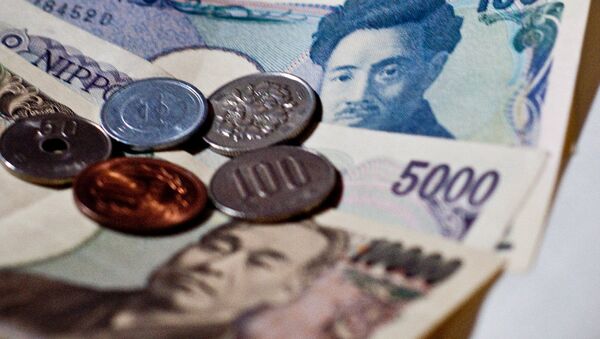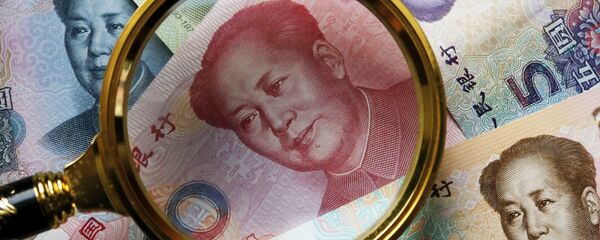The bank is issuing 500 million yuan ($76.3 million) worth of the savings certificates, which have a 31-day maturity and allow US borrowers to issue renminbi-denominated securities for trading and settlement purposes, China Daily reported.
A day earlier, China's Ministry of Finance announced plans to issue 3 billion yuan ($458 million) worth of yuan-denominated government bonds on the London Stock Exchange.
"The launch represents a significant milestone in serving to meet the growing demands among investors in the United States and around the world to have access to the RMB," said ICBC chairman Jiang Jianqing.
"The RMB is an increasingly important part of the global payments system, as payments in this currency are growing faster than overall global payments in all currencies."
According to the Society for Worldwide Interbank Financial Telecommunication (SWIFT) network payment system, the value of March payments using the renminbi increased 18.5 percent (annualized), compared to a 10.7 percent annualized increase in value for all currencies.
The ICBC reports that in 2015, 4.34 trillion yuan ($662 billion) was used to carry out international transactions, an increase of 18.61 percent in comparison with 2014.
Yuriy Rubenstein, an economist from the Russian Academy of Sciences' Institute of Europe told Sputnik that the timing of the new issues has a political dimension.
"Everything depends on the circumstances. At the moment, because of the possibility that the US Federal Reserve is going to raise interest rates, the dollar is going to rise and the yuan will fall, which is good for China as the world's biggest exporter."
"To issue yuan-denominated financial instruments when the dollar is going up and the yuan is going down is not very auspicious, this could raise doubts. But it seems that in China they have weighed up the risks and decided they are not serious enough to stop this project."
"This is a test, to see how well China's current economic situation is perceived on the world markets, above all in the US and UK. On the other hand, China is trying to show self-confidence, to dispel the anxiety of global investors following especially serious shocks on the Chinese stock market, and the underperformance of a range of economic indicators last year."
"This is a very important goal for China, this is a step in that direction and a gesture from the Chinese. They are saying, 'Let others have suspicions about our prospects for changing our economic development model, but we don't, we have a strong belief in the future, you are welcome to buy our financial products and sovereign bonds in yuan.'"
"This is not just about buying and selling yuan in swap agreements, it's not about trade but about the yuan's place in the world currency system. The overall strategy to make the yuan a reserve currency just confirms this movement towards the market and gives China another argument in favor of the recognition of its market economy, even though there are very serious obstacles to that," Rubenstein said.




